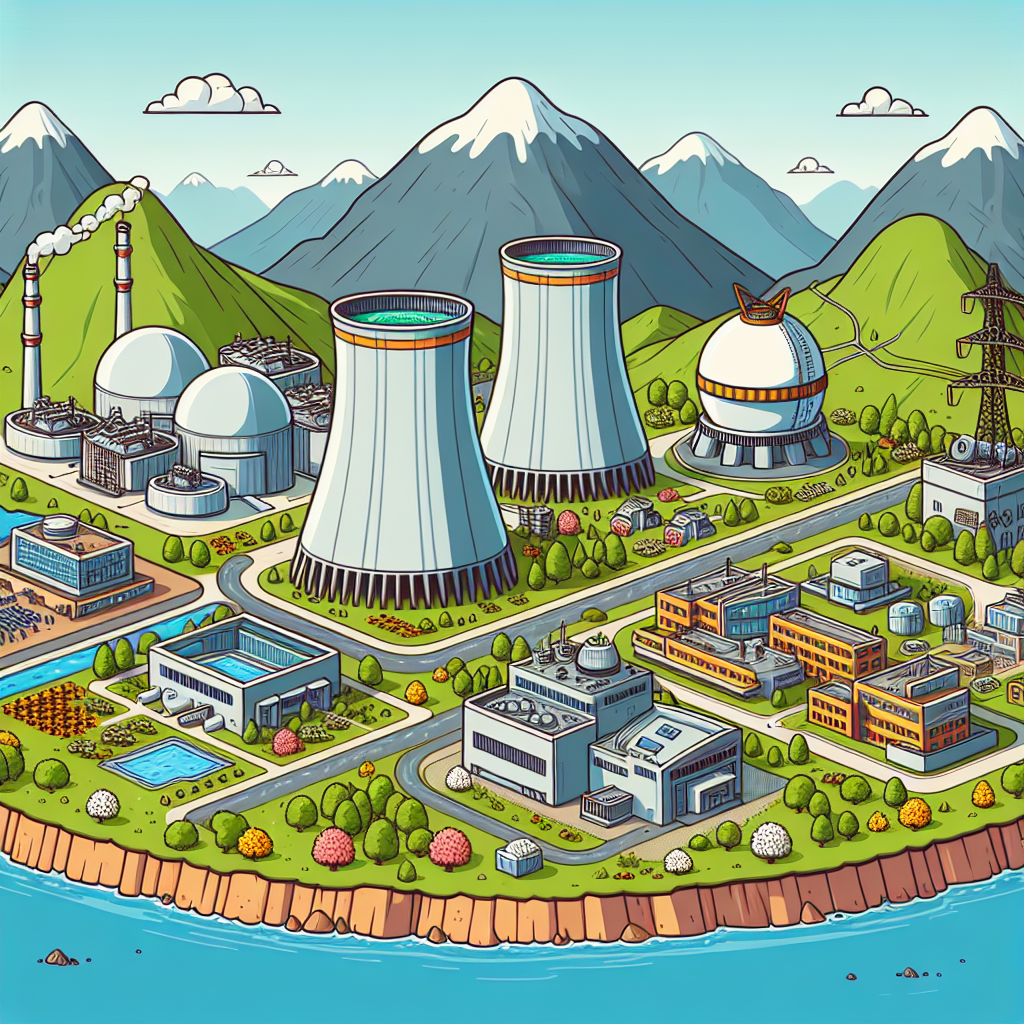Tensions Surge as Iran-Plots Retaliation Amid U.S. Strikes
Amid rising tensions, Iran eyes potential responses to U.S. attacks on its nuclear facilities, impacting global oil prices. With Trump's calls for regime change, Iran's strategy includes possible closure of the Strait of Hormuz. Impacts could extend to broader international conflicts, as global powers weigh in.

Tensions soared this week as Iran accused the U.S. of expanding its military campaign targeting Iranian nuclear sites. The American-led offensive, aiding Israel's strikes, has been met with Iranian threats of retaliation, despite Tehran's limited direct actions against the U.S.
In a bold statement, Iran hinted at leveraging its control over key oil routes, specifically the Strait of Hormuz. As markets react, oil prices surged to heights not seen since January. The geopolitical fallout poses risks to global economies, emphasizing the need for diplomatic navigation.
Meanwhile, Iran's Foreign Minister in Moscow holds crucial discussions with President Putin, spotlighting Russia's delicate balance between Iranian and Israeli interests. The international community remains on edge, with significant implications for regional peace and economic stability.
(With inputs from agencies.)
ALSO READ
Market Jitters as Oil Prices Surge Amid Middle Eastern Tensions
Geopolitical Tensions Stir Markets: Oil Prices Surge Amidst Uncertainty
EU Warns Against Iranian Closure of Strategic Strait of Hormuz
Tanker Traffic Reroutes Amid Strait of Hormuz Tensions
Tensions Skyrocket as Oil Prices Surge Amid Middle East Conflict










